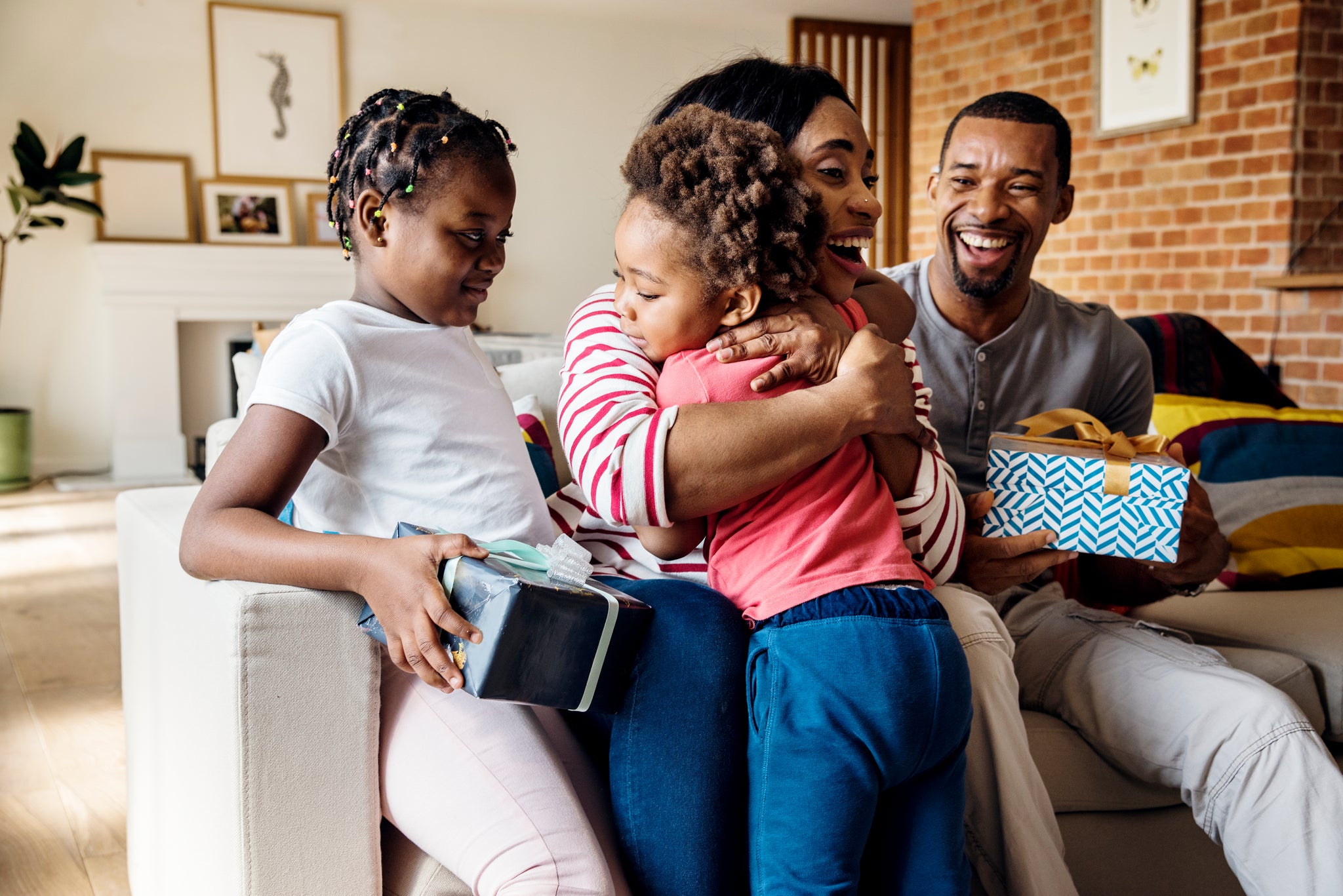Parenting Issues: Playing Favorites
The subject of parental favoritism has been trending lately, with a number of think pieces popping up over the last several months on the topic.
While many parents are often quick to declare they don’t have a favorite, a number of kids — and adult siblings — may beg to differ.
In fact, the effect parental favoritism can have on kids, whether real or perceived, is a topic that’s been of growing concern.
Research has found that the effect isn’t great, showing that children who perceive themselves as being the least favorite are more likely to do drugs and use alcohol and cigarettes in their teenage years.
This is especially true when the family unit isn’t otherwise very close.
And tension between siblings seems to increase when a favored child is in the mix.
Parents may also be surprised to learn that perception appears to hold a greater weight than reality in this case.
In other words, it doesn’t matter so much if Mom or Dad actually have a favorite. All that really counts is if a child thinks they do.

A child's personality and behavior can also affect how parents treat them. Parents behave more affectionately toward children who are pleasant and affectionate, and they direct more discipline toward children who act out or engage in deviant behavior. Because girls tend to be warmer and less aggressive than boys, parents generally favor daughters over sons (but only in non-patriarchal cultures).
Favoritism is also more likely when parents are under a great deal of stress (e.g., marital problems, financial worries). In these cases, parents may be unable to inhibit their true feelings or monitor how fair they're behaving. Evolutionary theorists argue that when emotional or material resources are limited, parents will favor children who have the most potential to thrive and reproduce.
Unfortunately, the consequences of parental favoritism are what you might expect — they're mostly bad. Disfavored children experience worse outcomes across the board: more depression, greater aggressiveness, lower self esteem, and poorer academic performance. These repercussions are far more extreme than any benefits the favored children get out of it (negative things just have a stronger impact on people than positive things). And it's not all rosy for the favored children either — their siblings often come to resent them, poisoning those relationships.
Many of these consequences persist long after children have grown up and moved out of the house. People don't soon forget that they were disfavored by their parents, and many people report that being disfavored as a child continues to affect their self-esteem and their relationships in adulthood.
To make matters worse, parents are even more likely to play favorites once their children are grown up, sustaining the toxic family dynamics (e.g., bad feelings, sibling resentment). The causes of the favoritism, however, are a bit different once the children become adults. Parents still favor daughters and less deviant children, but they also give preference to children who live closer, share the parents' values, and, not surprisingly, have provided the parents with emotional or financial support.

It's important to keep in mind that parental favoritism is only problematic when there are consistent and arbitrary differences in treatment. In cases where favoritism is unavoidable (e.g., with newborns, needier children), parents who explain its necessity to the other children can usually offset any negative consequences.
Interestingly, children's well-being is highest when parents exhibit no favoritism toward anyone, even higher than the well-being of children who are favored by their parents. This disparity may occur because favored children have to contend with sibling hostility, or perhaps because families that practice favoritism tend to be dysfunctional in other ways.
Nearly all parents worry about whether they play favorites. But even when parents vow to treat their children equally, they soon find that this is just not possible. Every child is different and parents must respond to their unique characteristics appropriately. You shouldn't react to a 3-year-old's tantrums in the same way as you would to a 13-year-old's. You can't deal with aggressive children in the same way as passive children. Even identical twins can't be treated identically. When it comes down to it, every child wants to feel like they're different, not clones of their siblings. The best parents can do is stay aware of any differential treatment they give and try to be as fair as possible.

WHAT YOU CAN DO
Levin says the most important thing a parent can do if a child says they believe another is the favorite is to acknowledge their feelings.
“Don’t just say, ‘I don’t have a favorite’ or ignore it. If that’s what they’re feeling, it’s coming from somewhere and it’s their perspective. So it’s important not to dismiss it,” she said.
Instead, she says to talk about it. “Genuinely validate how they’re feeling and then problem-solve.”
She explained that what the child may really be saying is that they’d like more time and attention.
Perhaps they could use a one-on-one day, where you make an effort to engage in shared interests with them.
“Specifically asking the child what they need will give them the chance to tell you,” Levin said.
Vaziri Flais agrees, advising, “Don’t ignore the outbursts or write them off as your kid just being a teenager. There needs to be a cooling-off period for sure. When things calm down, it’s good to listen to what your child is trying to tell you.”
Taking the time to hear your child when they express a perception of favoritism, acknowledging what they’re feeling, and working together to find ways to help them not feel that way may be the best approach to protecting relationships with all children in the future.
Levin also encourages parents to “check in with yourself.”
“Whether it’s said or unsaid, when there’s favoritism, kids often will feel it. If it’s true, what do you need to do as a parent to have a better relationship with your child?” she said.
This may require parents to step out of their comfort zones and work to take an interest in the things their kid loves — even if they don’t particularly see the appeal themselves.
Sometimes a little effort can make a big difference in bringing parents and kids closer together.

I invite all of us parents to distant favoritism from our lives, as it sends negative messages to our children. We should avoid such practice even in our hearts as they will be able to pick up on it from our behavior, so as to not let our children miss the feeling of importance or sense rejection.

